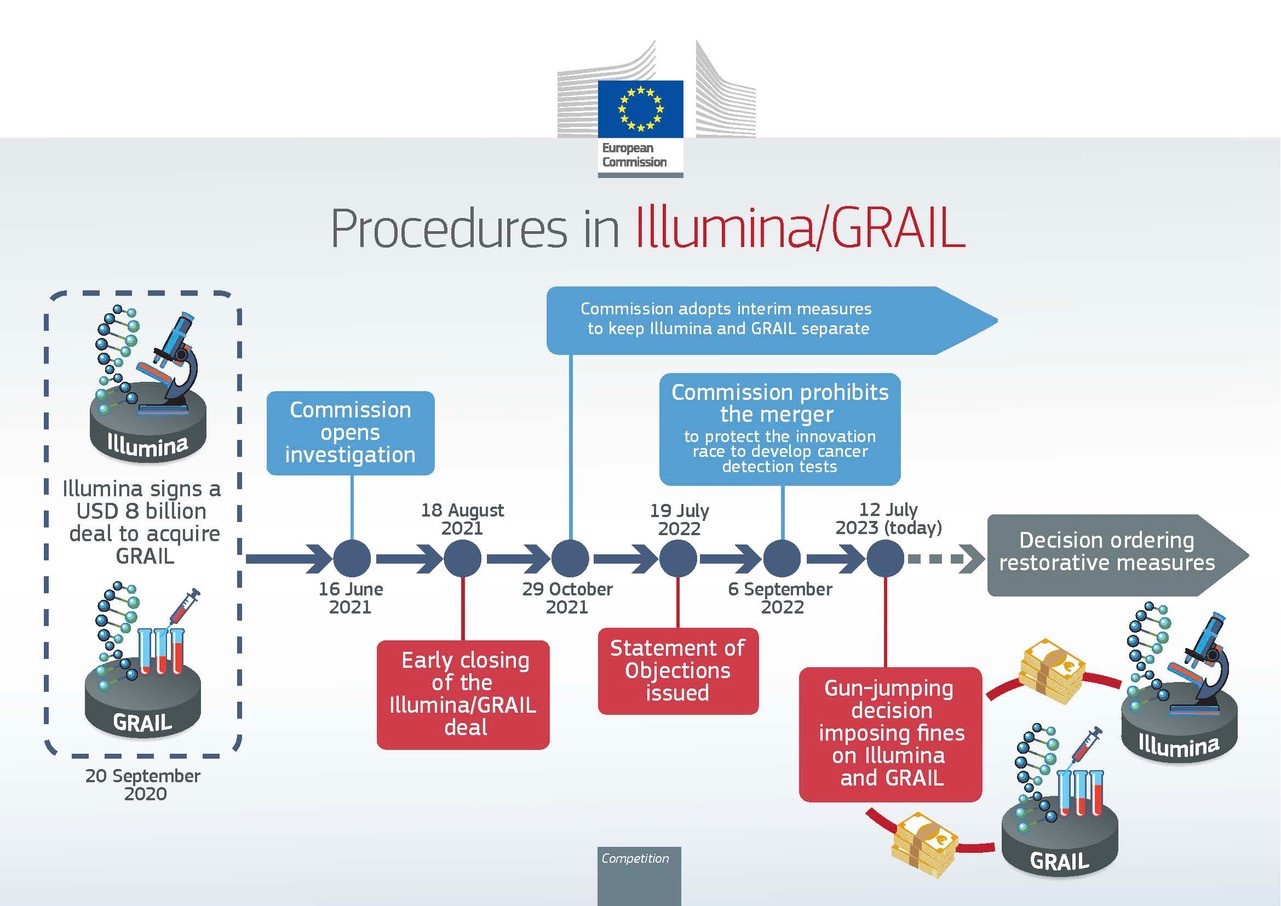The Commission is adopting a package of infringement decisions due to the absence of communication by Member States of measures taken to transpose EU directives into national law (referred to as ‘non-communication infringements’). The Commission is sending a letter of formal notice to those Member States who have failed to notify national measures transposing directives, whose transposition deadline expired recently. In this case, there are 25 Member States who have not yet notified full transposition measures for eight EU directives in the fields of health, environment, transport, defence and financial stability, financial services and capital markets union. Member States concerned now have two months to reply to the letters of formal notice and complete their transposition, or the Commission may decide to issue a reasoned opinion. Continue reading…
Gone are the days when organisations could simply promise a speak up culture. Today, fostering a culture of trust, integrity, and a positive work environment…
Download whitepaper








